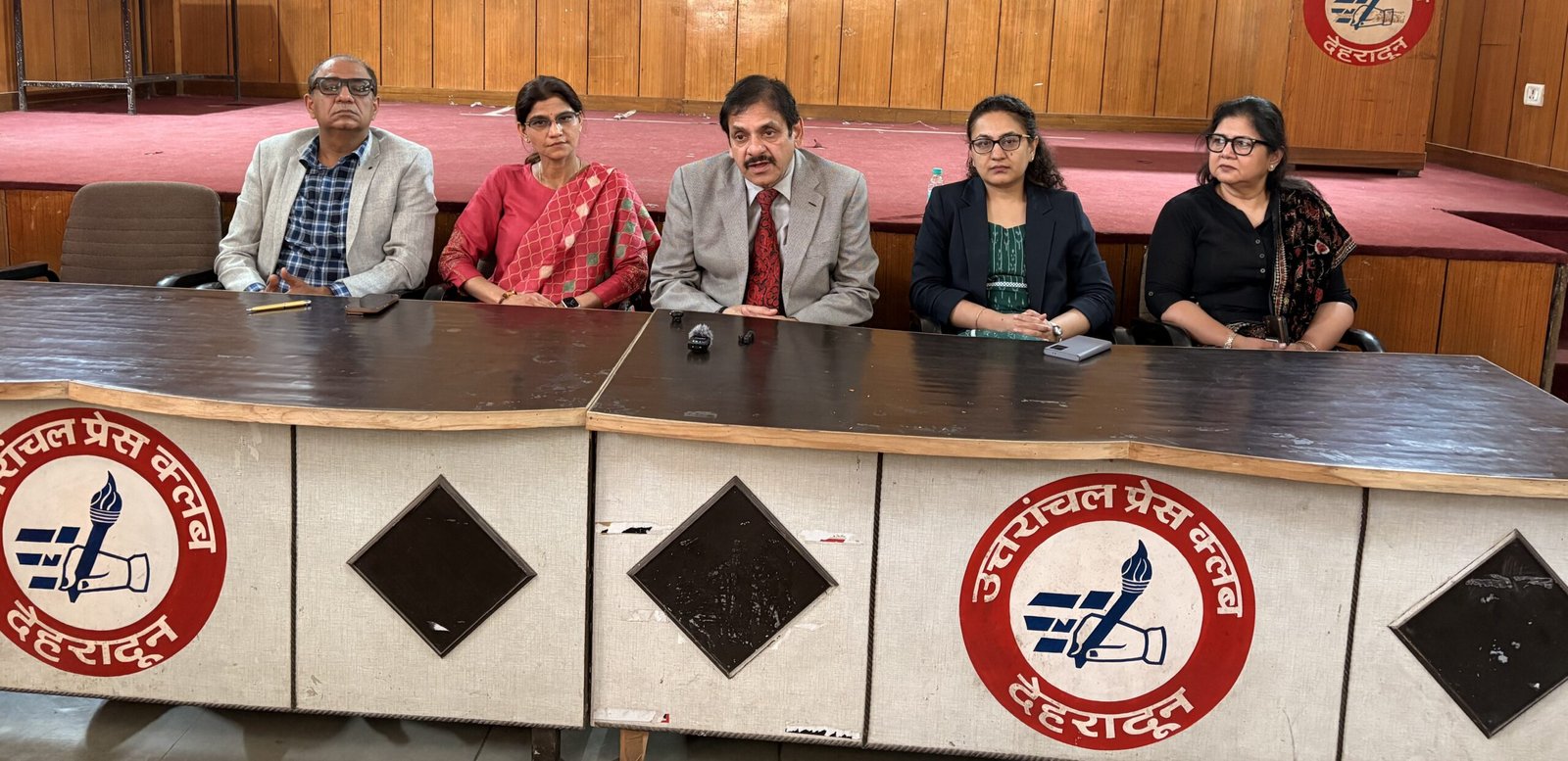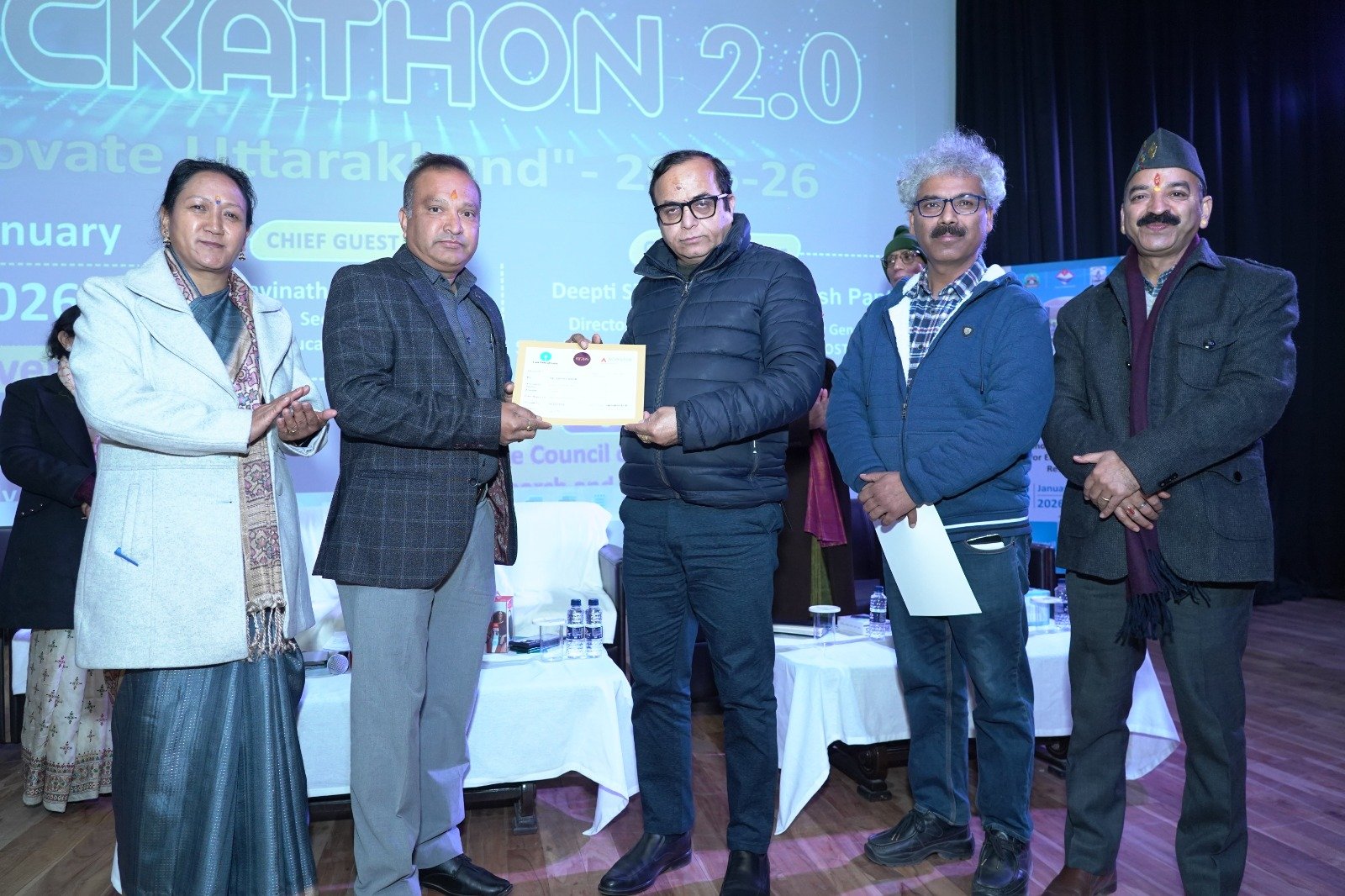Author: Keerat Oberoi
You open Instagram to check one message.
Forty-five minutes later, you’re watching a hamster train for the Olympics . That’s not you being distracted. That’s you being played. Scrolling endlessly, agreeing with things without really knowing why? That’s not by accident. That’s by algorithm. We’re not just addicted to social media — we’re addicted to being manipulated by systems that know us better than we know ourselves. This isn’t a self-control issue. It’s design — a psychological trap crafted to hijack your attention and keep you hooked.
What are algorithms, you might ask ?
They’re invisible systems that constantly shape what we think, see, or even believe. In technical terms, an algorithm is a mathematical set of rules specifying how a group of data behaves. In social media, algorithms help maintain order and assist in ranking search results and advertisements. In simpler terms, algorithms prioritize content according to the interests of an individual. They track our interactions with different apps — what we shared, what we commented on, what we pinned on Pinterest. You might’ve seen that “interested” or “not interested” button at the bottom of reels — that’s a more direct form. Algorithms lead to personalisation. No two people can have the same feed.
Their goal is maximum engagement — in other words, what keeps us scrolling. These platforms — and the algorithms that act like mind readers, diving deep into your brain based on your interactions — have led to a loss of free will. We think we can’t get out of this loophole. We all know in our hearts what is right and what is wrong, and yet somehow, we end up doing the wrong — wasting time, bed rotting. The extent to which productivity is killed because of this is insane.
Being disciplined is not slavery. It is the utmost level of freedom — because we do what we WANT, what we DECIDE. Slavery is us binge-watching a Netflix series the whole night when we know we have an assignment due tomorrow — and then dealing with the guilt afterward. This has psychological layers to it. Social media today creates dopamine loops. Content is literally designed to keep us hooked. Confirmation bias is also used — we’re shown what we already agree with, which leads to more engagement. The downsides are enormous. Political polarization is one example: people are shown only one side of the story, creating the effect of echo chambers. Like a very recent example of the indo-pak conflicts, diff countries knowing completely opposite information, there is no authentic source of information left. No contradictory opinions are presented. The human mind’s great ability to
question things is compromised. People justify things based on the content they watch — content with no base, no logic — just the sense of belonging. The sense of similarity leads people to think something is right just because it’s being done by many people. This is completely against critical thinking.
In today’s world, most people have lost the ability to question, to contradict, to think through a logical stream of thoughts. In more than 75% of our youth, opinions and inclinations are based on half-baked, incomplete information presented on social media — with algorithms making sure this continues. Logic,
reasoning, and critical thinking are very much lacking in today’s world, which is like a curse to the highest level of organisation in the biological world. Due to beauty standards and trends — the “glass skin effect” or “the Korean waist scale” — many suffer from food disorders and hyperfixation on
appearance. Like most of our technology, algorithms can be beneficial — if used correctly and with caution. If we’re aware of the system, we can combat it. “Knowledge is the first step to fighting any pandemic.” We need to start gaining digital literacy. Algorithms are not evil — they just reflect what’s fed to them. People need to start treating the technical advances like their helpers instead of being helpless
due to them. I suggest following accounts that give digital literacy , keeping the mental note that you need to be consciously in control of yourself and your thoughts, in the back of your mind at all times . Know that there is more to what is shown to us . develop discipline, understand how algorithms work really in depth. Prioritize mindful engagement and cultivate critical thinking. If we become the one’s taking over and exploiting the social media sources, we can do anything whatever we want. We must start seeing these strings — or the puppeteers will keep making us dance to their tunes. So let’s switch on our night vision! — see through the shadows, expose the tricks, and take back control.











